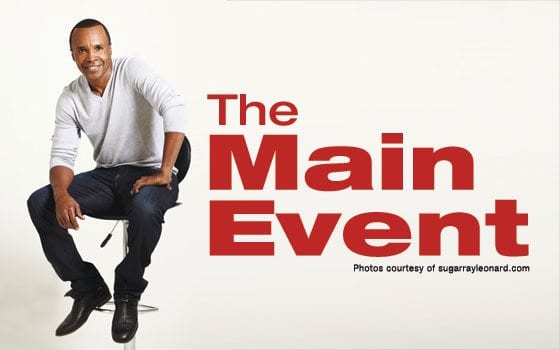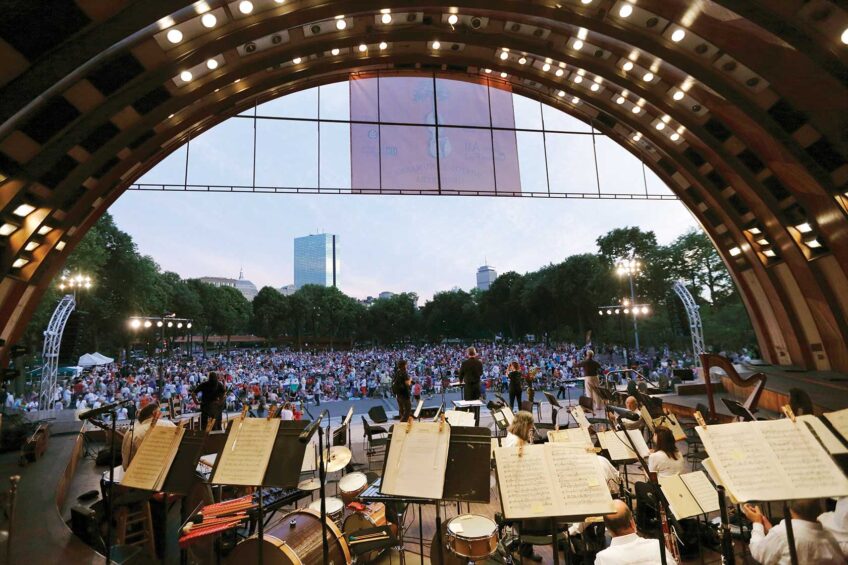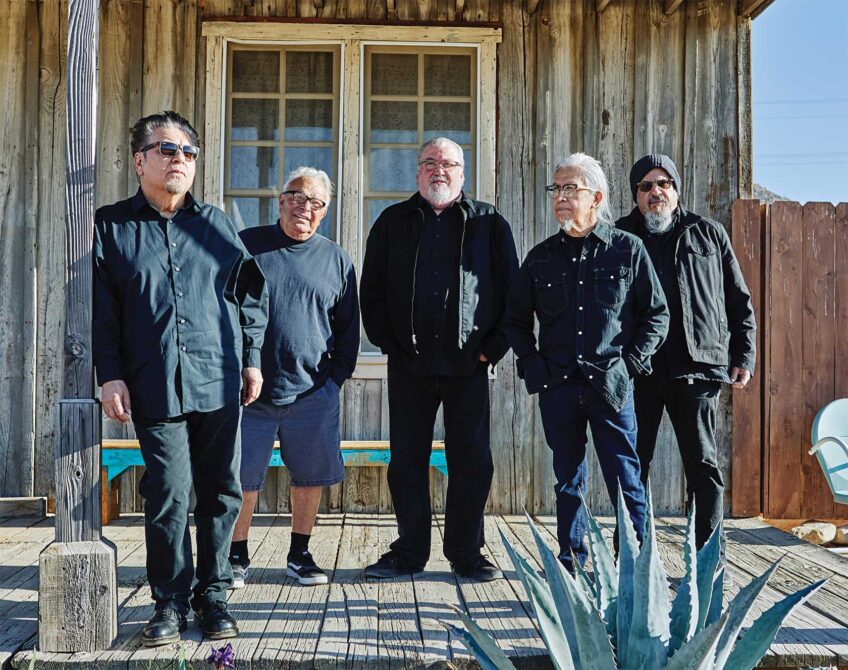Sugar Ray Leonard discusses boxing career, drug addiction and sexual abuse in new memoir




Sugar Ray Leonard discusses boxing career, drug addiction and sexual abuse in new memoir
One of the most prodigious pugilists of all time, Sugar Ray Leonard was born in Rocky Mount, N.C., on May 17, 1956, to Cicero and Getha Leonard. The fifth of seven kids, his family moved to Washington, D.C., in 1959 before settling down seven years later in Palmer Park, Md., where his father was employed as a supermarket night manager and his mother as a nurse.
Though shy as a young child, Ray followed his brother Roger’s footsteps into boxing, ultimately eclipsing his elder sibling in terms of potential and finding fame by capturing the gold medal at the 1976 Olympics in Montreal.
He went on to become the first fighter to earn more than $100 million over the course of an enviable career, winning world championship titles in five different weight classes while squaring off in classic showdowns with such formidable opponents as Roberto “No Mas” Duran, Tommy “The Hitman” Hearns, Marvelous Marvin Hagler and Wilfred Benitez.
Ray retired from the ring in 1997 with a record 36-3-1, with 25 of those wins coming by knockout. Today, he lives in California with his wife, Bernadette, and their children, Camille and Daniel. Here, he discusses his moving memoir, “The Big Fight: My Life In and Out of the Ring.”
What is your best memory of Montreal?
My very best memory of Montreal was the moment inside the Olympic arena when I was waiting under the stadium and those majestic gates opened up. It was a whole other world.
I was just a youngster from the ghetto. I suddenly felt like a star. It was emotionally overwhelming. It was something I’d wanted, but it was also something I didn’t understand.
It was a whole different world, and Montreal was an absolutely beautiful setting unlike anywhere I’d ever been before. So, Montreal in ’76 was an encompassing experience I will cherish for the rest of my life.
It is widely known that it is very difficult for men to talk about sexual abuse. What made you decide to go public with your story, and was it a cathartic and healing experience to write about it?
It was cathartic. I only wish that I had had the courage and the knowledge to have gotten that out of my system, out of my mind or my heart years earlier. But there is no book, there is no manual to tell you how to deal with sexual abuse. I saw Todd Bridges talk about being abused on Oprah.
Something that he said or an expression that he made gave me the little boost I needed to be open about it and to talk about it as transparently as I did.
When I told my wife, she couldn’t believe it. She was petrified, because it’s such a no-no, taboo, a hands-off subject. But I’d have to say hearing Todd Bridges on Oprah was my watershed moment.
I saw you on Stephen Colbert and loved it. He was wondering why a movie hasn’t been made about your life.
Being on Colbert was a real treat for me, too. I didn’t quite know what to expect, but it turned out to be pretty cool. In terms of a movie, we’re talking about it. It’s on the table but, as you know, Kam, that type of thing doesn’t just happen overnight, unfortunately. But I do look forward to seeing the story of my life onscreen someday.
Was Wilfred Benitez the best pure boxer you ever faced?
Yes, without question. He was a mirror image of what I considered myself as a boxer. That was one of my toughest fights, by far. It’s sad that he’s not mentioned in the same breath as Hearns, Hagler and Duran.
It always bothered me that he wasn’t considered in our league, the reason being that he never beat any of us. But he should be right up there.
Was the Dicky Eklund knockdown, highlighted in the movie “The Fighter,” legit?
It was legit that I was knocked down, or pushed down. [Chuckles] But I remember that fight like it was yesterday because that guy, Dick Eklund, was so unorthodox. And it was the first time in my life I really experienced racial hatred from the fans. We’re talking about Boston back in ’78.
Do you regret coming out of retirement past your prime to fight Terry Norris and Hector Camacho?
Do I regret it? Yeah, I do, but it took that to wake me up to the fact that my time was over, my time was gone. Sometimes it just takes that kind of beating, if you will, to wake up. It does. I didn’t want to take it. I took it in intervals.
The first time was in ’91. I retired and came back in ’97. Woo! I mean, come on! I don’t know, man. A six-year layoff? That was crazy! My career was relatively short, whether you look at either its length in years or the number of fights I had. But it was brutal.
That’s because it was the Golden Age in terms of welterweights and middleweights.
Exactly! You couldn’t mess around in that era.
With mounting medical evidence that contact sports aren’t providing ample equipment to mitigate against cerebral concussions, how would you feel about boxing associations mandating protective headgear for fighters, not just for sparring, but also during bouts?
I’m not in favor of that because we learn as amateurs how to protect ourselves. And that’s why there’s a third man in the ring, the referee. And that’s why there has to be a very strong boxing commission that doesn’t allow guys in the ring who don’t belong there.
Look at football, where you still have injuries no matter how much they improve the helmets and other equipment. Boxing’s a poor man’s sport. We can’t afford to play golf or tennis. It is what it is. It’s kept so many kids off the street. It kept me off the street.
What is the most important thing you have learned from your experience of battling drug addiction?
I learned that I had character defects, that I was allergic to alcohol and drugs, and that I had an obsession with all the bad stuff. But thank God that I woke up and that I had good people around me to support me. There’s not much more I can say about it. You have to want to be a better person.
On “Celebrity Ghost Stories,” you appeared with one of my favorite young ancestresses, Leila Jean Davis, and you shared some very personal experiences. How did you like being on the show?
I enjoyed it. I never thought in a million years that I would tell people that I saw a ghost. And I’ve seen a lot of ghosts. [Laughs]
Is there any question no one ever asks you, that you wish someone would?
Yeah, how’s your day? [Chuckles]
Are you ever afraid?
Yes, we all are afraid of something. We might not admit it, but we are.
What is your guiltiest pleasure?
It used to be a pint of ice cream in bed.
What inspired you to write the book?
To be honest, I don’t know. I started one back in 1982 or ’83 when I first retired. But I was only 25 or 26 and not ready to write my memoirs.
What music have you been listening to?
“Dance with My Father” by Luther Vandross.
What is your favorite dish to cook?
I’m pretty good with oatmeal.
What excites you?
Success. But not necessarily monetary success.
How do you define success?
Success is attaining your dream while helping others to benefit from that dream materializing.
How did your first big heartbreak impact who you are as a person?
It made me realize how much I loved that person.
What advice do you have for anyone who wants to follow in your footsteps?
You don’t play boxing. You really don’t. You play golf, you play tennis, but you don’t play boxing.
How do you want to be remembered?
As someone who had an impact outside the ring.






